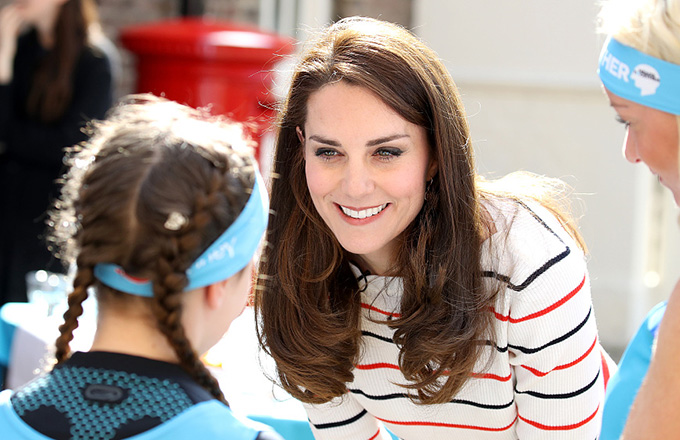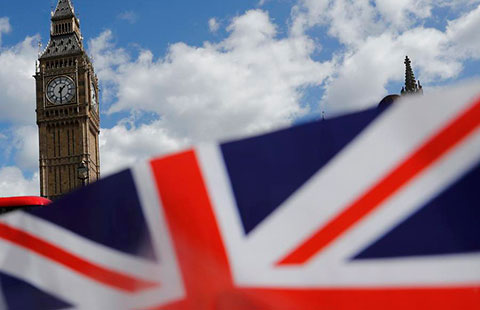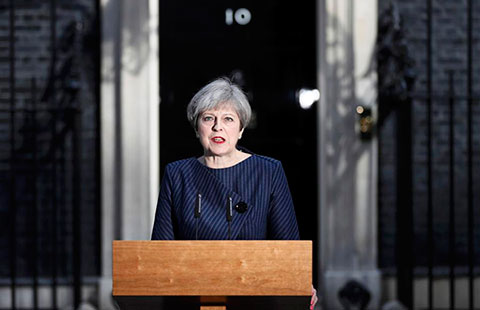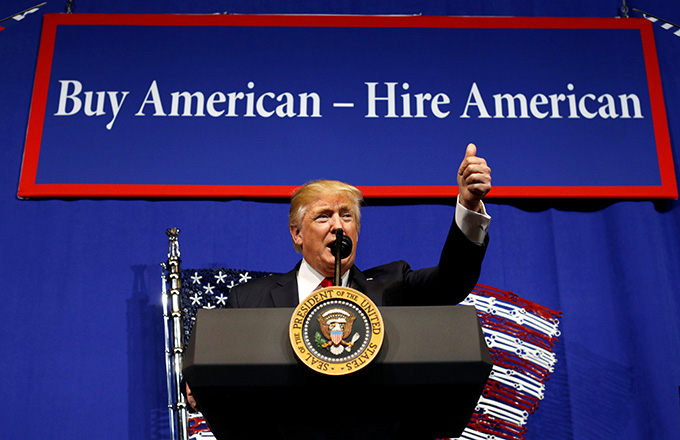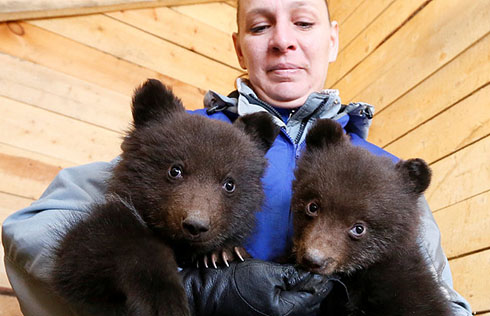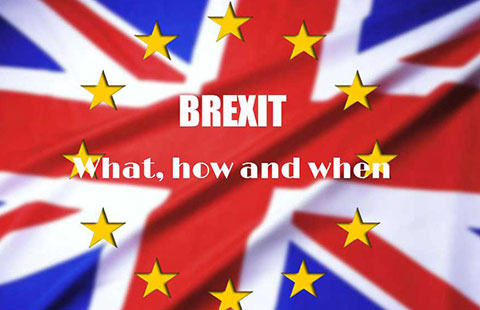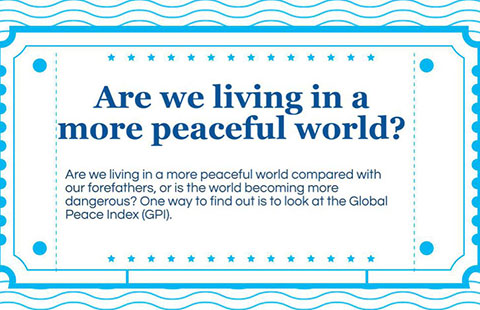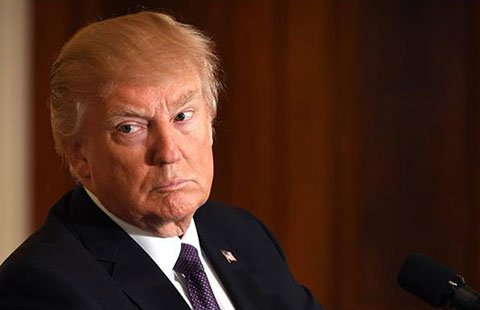'Trump effect' not expected to deter Chinese travelers: US tourism officials
Amid predictions that US President Donald Trump's statements and actions like his travel ban may reduce the number of foreign tourists, Caroline Beteta, president and CEO of Visit California is leaving nothing to chance.
Nearly half – 45.5 percent – of all Chinese visitors to the US stop in California, and last year 1.2 million visited the state. "We have launched a campaign (in China) built around the freedom to dream. What has resonated with the Chinese is our freedom environment and our culture. We are stepping up that message to the Chinese market," Beteta said in an interview.
She said her organization was one of the first tourism marketing groups to go to China. "It's a very important market for us and we invest $10 million in China every year," she said.
It's not just California that has enjoyed a bevy of mainland visitors but also other areasl, including New York City and Seattle.
Over the past decade, Chinese visitors to the US have increased from 320,000 in 2006 to more than 3 million last year. The US Department of Commerce expects 5.7 million Chinese tourists by 2021, making mainland residents the largest overseas market for the US.
Trump's plan to ban arrivals from seven mostly Muslin countries, which is held up in court, along with tough trade and immigration talk has some American tourism officials concerned about the potential fallout.
In March, Adam Sacks, the head of Tourism Economics, told the New York Times that the number of foreign visitors to the US could decline by 6.3 million between 2016 and 2018 due to the rhetoric and actions.
Christopher Heywood, senior vice-president of global communications at NYC & Company – the city's official tourism organization – said a review of travel data including online searches for tickets and accommodations by Tourism Economics shows that 300,000 foreign tourists may not visit the Big Apple this year due to the "Trump effect".
"We are actually projecting some growth for the Chinese market, but it probably won't be as robust as before," he said in an interview. Heywood believes that if the number of overseas visitors to New York City declines this year because of Trump, the majority will be from western Europe and Mexico and possibly South America.
In 2016 approximately 950,000 Chinese tourists visited New York City.
John Boesche, the director of tourism development at Visit Seattle, said his city drew about 154,000 Chinese visitors last year and is not expecting a decline.
"The growth rate that we have seen may slow modestly," Boesche said. "Every indication from our representatives in Asia is that we probably won't see a noticeable impact from Trump at this point. However, the magnitude of bad publicity for the US has been quite significant and everyone is still trying to figure out what the impact will be."
Boesche said Visit Seattle is not ready to embark on a specific campaign yet to assure foreign tourists like California has. "We are a little more on the liberal/progressive side and the people in China see us that way. In a good way we are not lumped in with the rest of the country," he said.
"We don't have the kind of budget California has," said Heywood. He said New York is entering the second year of a cross-promotional agreement with Shanghai that builds on the momentum from the campaign that was launched in 2016 to promote tourism in the US and China by the US Department of Commerce and the Chinese government.
"All of this political rhetoric doesn't help our cause," Heywood said. "We need to strike a balance in this country between securing our borders and welcoming doors. It's really important to find a way to tell legitimate foreign travelers that they are welcome in the US."
"For us, in Seattle, international visitors are critical. They stay longer and spend more and are a valuable customer for us. Their impact is significant and they contribute to our local economy in a big way," added Boesche.
Meanwhile, some tourism industry officials are starting to become concerned that a Trump factor could hinder visits to the US from other countries.
Hopper, a travel-booking app, said its data shows that demand for flights to the US has fallen in nearly every country since January, the Washington Post reported. Travelers searching for US flights from China and Iraq have declined 40 percent since Trump took office and demand in Ireland and New Zealand is down about 35 percent, according to the newspaper. However, searches for US flights in Russia have jumped 60 percent since January.
Trump's effort to impose a travel ban on visitors from several Muslim-dominant countries and news reports of plans to institute "extreme vetting" of foreign travelers is starting to worry some airline officials.
Emirates airline, based in Dubai, United Arab Emirates, is trimming the number of flights to the US because demand has dropped in the wake of a new electronics ban for carry-ons and attempts by the Trump administration to restrict travelers from some Muslim-majority nations.
Arne Sorenson, CEO of hotel operator Marriott international, told the Financial Times that companies and conferences were choosing to host events in other countries "due to the uncertainty over restrictions on entry" to the US.
"I think that because of some of the perceived positions coming out of the current administration, the US as a destination is potentially looking less attractive as a product," said Dara Khosrowshahi, CEO of travel web site Expedia, according to the FT.







